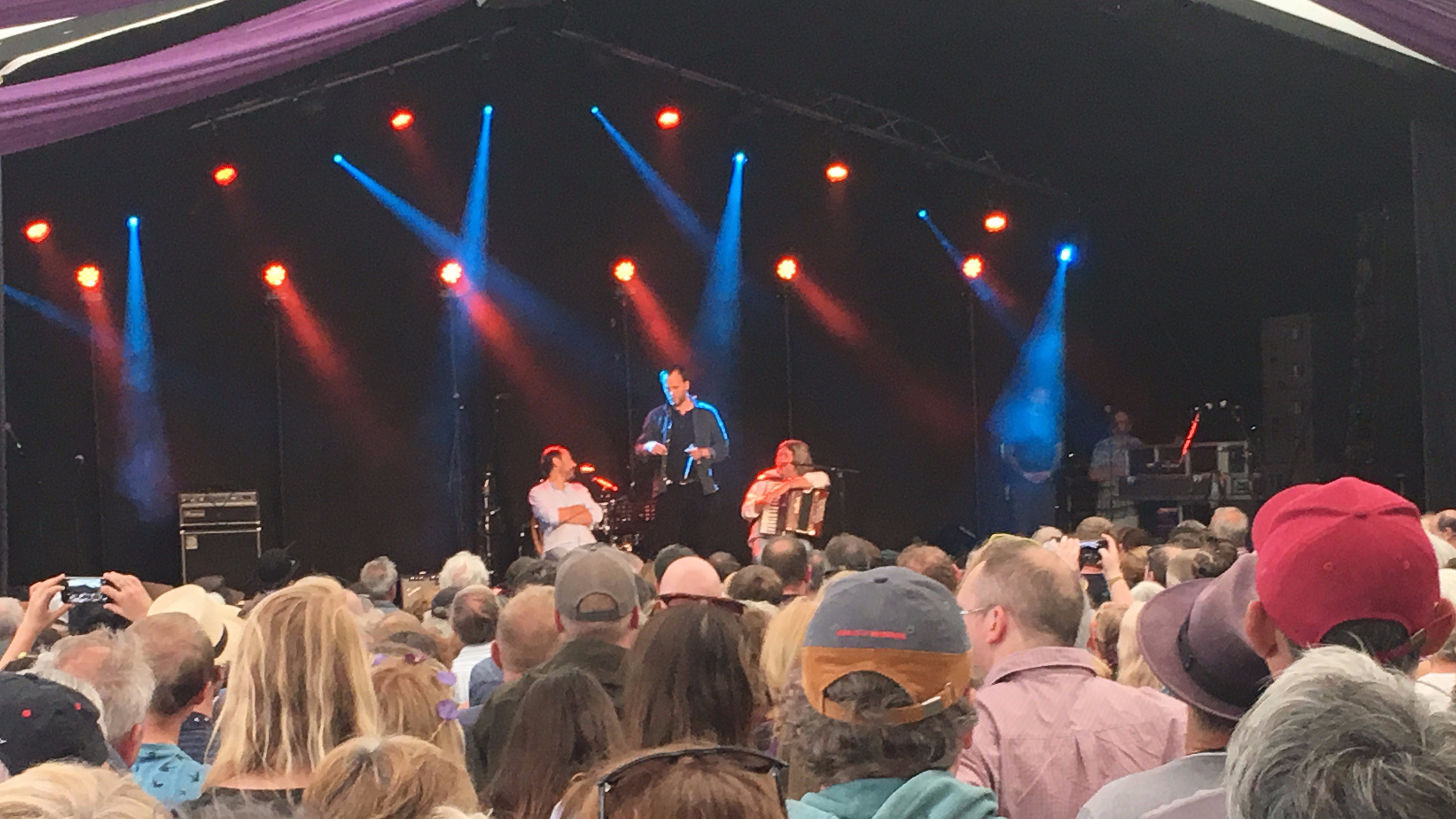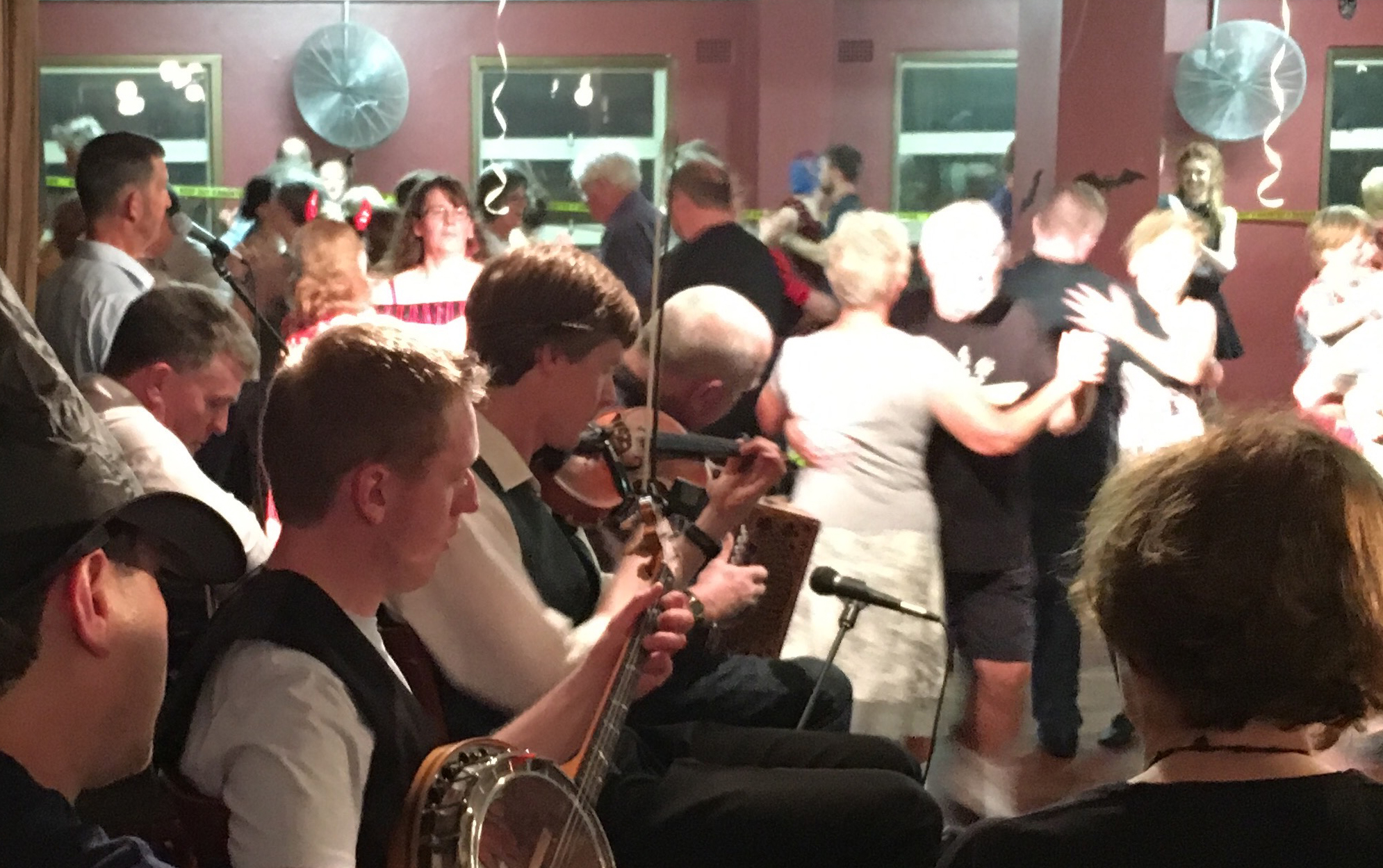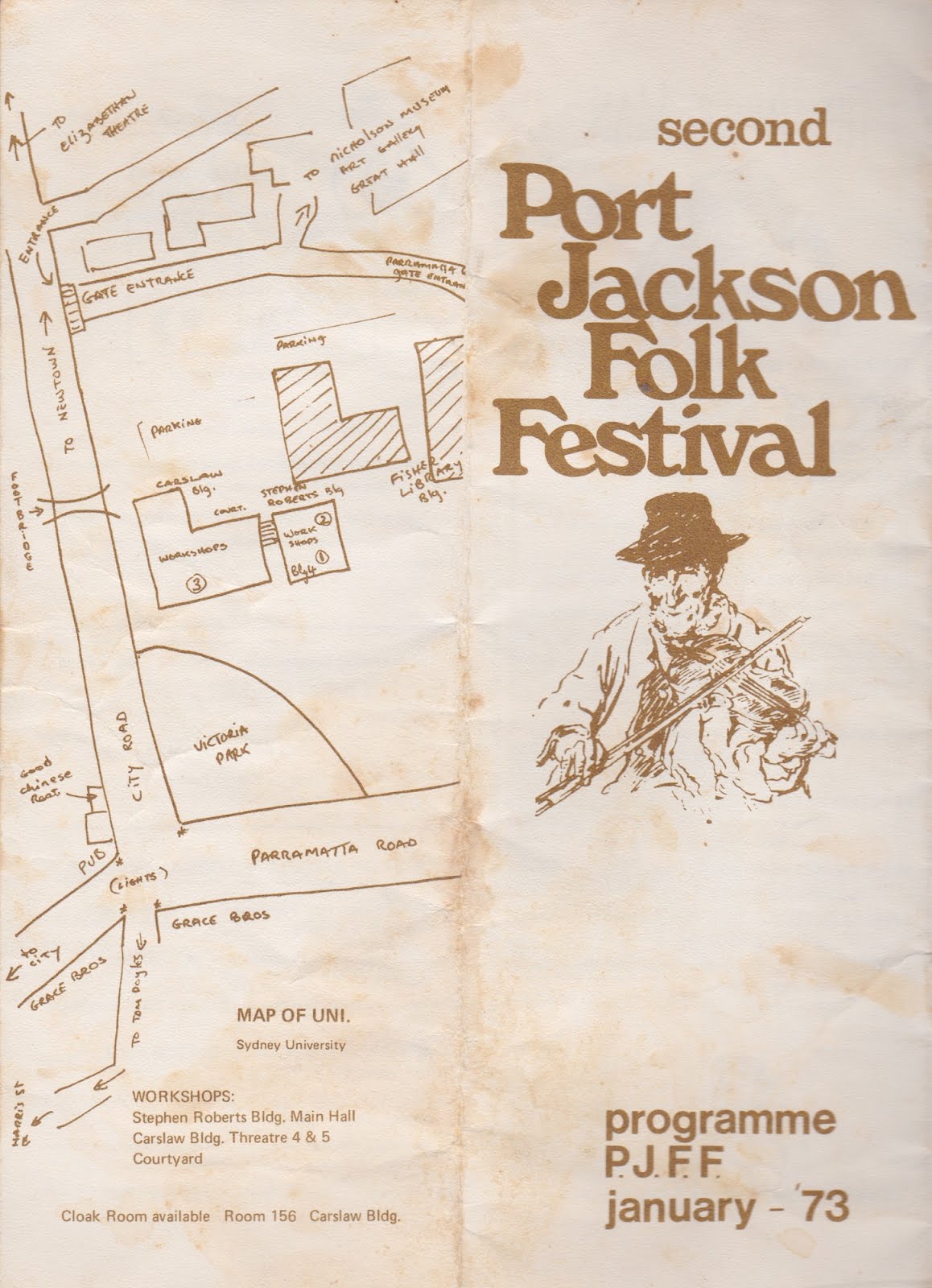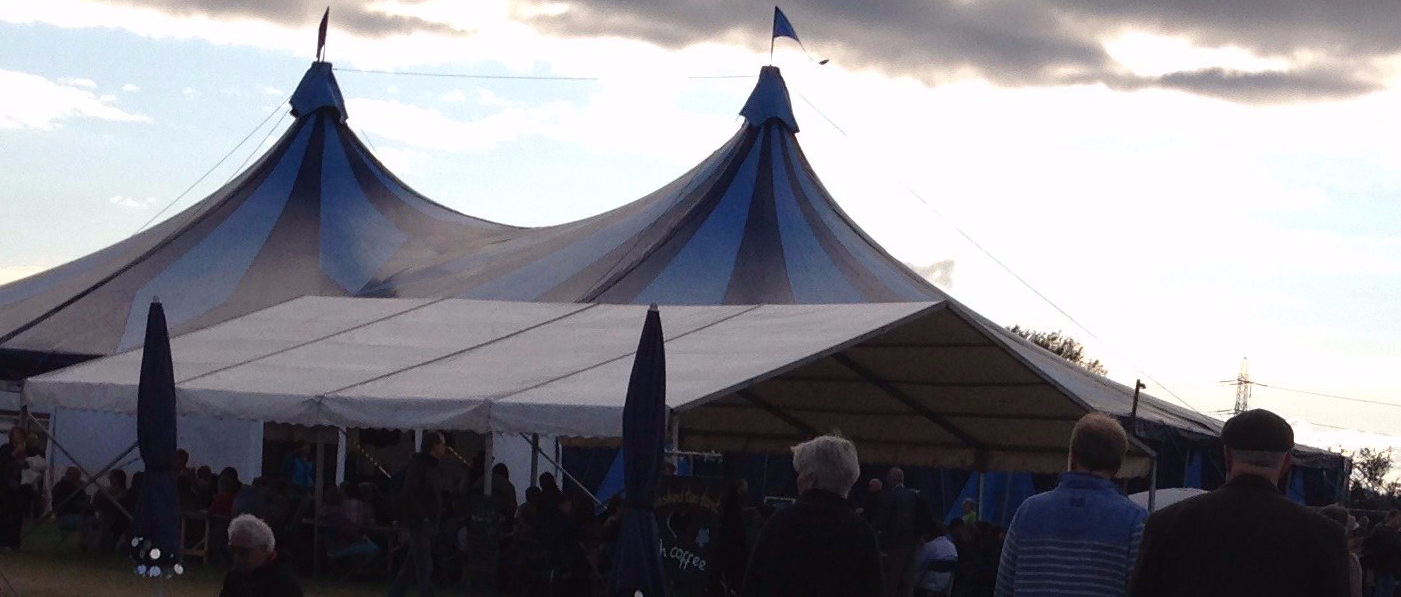With the first warm weather of early Spring we start to think folk festivals, connecting up with old friends, making music together or just soaking up the atmosphere and being part of the wonderful spirit of inclusiveness that is synonymous with our festival scene. From the big to the small, folk festivals spring up in show grounds, by rivers or just about any place where people can come together and, for the most part this typically involves a road trip and camping.
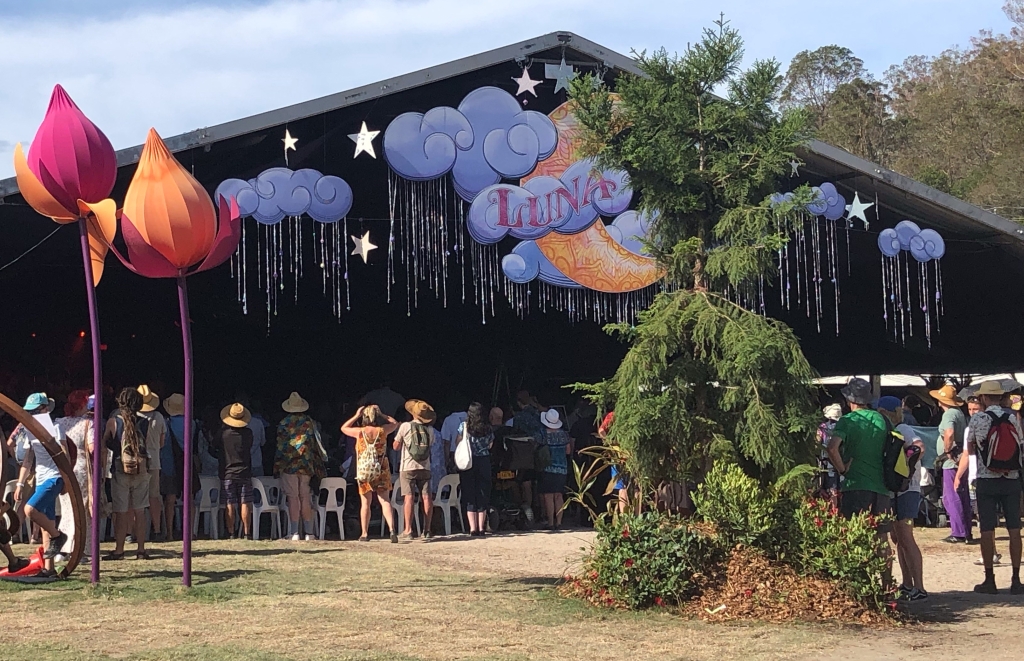
Woodford – Australia’s largest folk festival. 
Nariel Creek – Australia’s first and longest running folk festival
Who knew this time last year that in 2020, come the start of Spring when our festival season traditionally kicks off, that we’d be suspended in a COVID time warp. And, even when we saw the early impact of COVID, shutting down festivals at the tail end of our 2019/20 season, the sector was buoyant and positive that we’d come through it and be back to normal by the end of the year. Fast forward to now and even 2021 is looking like a pipe dream. Forget the perils of weather and compliance, COVID is the bogeyman at the gate and it’s starting too wear us down.
With the season awry some festivals are exploring options though the situation is varied across our States and Territories. Fairbridge (WA) is planning an “inspiring, community-focussed event which promises to be an amazing, cathartic celebration”. Of course, unless things change dramatically by April 2021 no-one from the east will be attending. Cygnet FF (TAS) has cancelled its January 2021 festival but is looking to run a community based one day event and Fleurieu FF (SA) has a similar plan for this October. Woodford FF (QLD), creatively thinking outside the box, is holding an inspired camping experience called “Bushtime”, making excellent use of their 500-acre site and incorporating elements synonymous with their festival event. Sydney FF (NSW) recently hosted SFF@HOME, a highly successful, albeit small, online event to support performers.

Festivals working creatively within COVID restrictions to connect with their communities
Festivals are the hubs of our folk communities providing a reason for us to come together, to engage in shared experiences. They provide the opportunities for us to connect and network with our peers. Indeed, during my time as Director of the National Folk Festival I always saw that event as a major get-together for exchange and interaction, a gathering place for the celebration of all things folk.

Concerts celebrate some of the best of folk 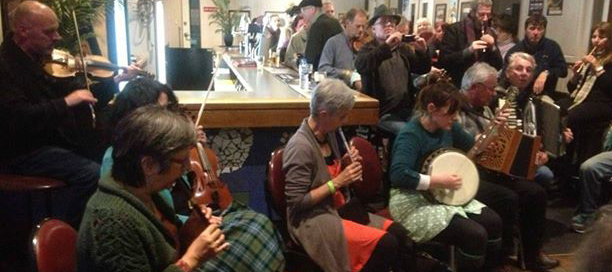
Sessions are a focal point for sharing music
While festivals have been at the epicentre of the main shock, COVID has shaken our very foundations sending devastating waves across every facet of the folk sector. Performers have been severely hit seeing their gigs and tours just evaporate and that has had a flow on effect for agents and managers. Community music groups such as choirs and sessions that are at the heart of the folk ethos and amongst folk’s most dedicated and committed supporters are struggling to keep in touch. Volunteers that are critical to the success of the sector have been left high and dry… what about our audiences? Staying connected with our folk communities has never been more important than now if we are to avoid the possibility of a huge disconnect as COVID continues to prevent us from coming together. To this end FolkFedNSW has been hosting a series of forums titled State of Play, bringing together folk advocates, festival organisers, performers, agents and interested individuals to tease a way through the COVID fog.

State of Play 2 Forum bringing together folk advocates, festival organisers, performers and agents
The State of Play forums have brought together an amazing cohort of people keen to support the sector and keep things moving through a difficult time and, to ensure that when we finally emerge from COVID we can rebound in control and with a strong voice. In fact, unwittingly COVID has presented our Folk Sector with a unique opportunity to review and reassess the value of folk, both culturally and economically. A recurring theme from State of Play 2 was the call for an audit of “folk”, an honest appraisal that would also address its needs and shortcomings. Another was for a national body that could provide knowledge and insight about the Folk Sector and represent its interests to government and public agencies. And, there were also a myriad of ideas and detail on how we can support each other and make those all important connections.
Our sector has often struggled to mobilise with one voice and folk is frequently viewed as traditional and amateur. Yet the very nature of folk is contemporary and ours tells a very distinct Australian story, it’s music that carries our core identity. Bringing people together has shown us that there are many with the commitment, skill, talent, expertise and experience to see this through and, to articulate a vision for the Folk Sector.
This is folk and we love it!
To view the most recent State of Play Forum see the link below and if you would like to join the conversation or receive forum updates leave you name and email details and we’ll add you to our growing list.




